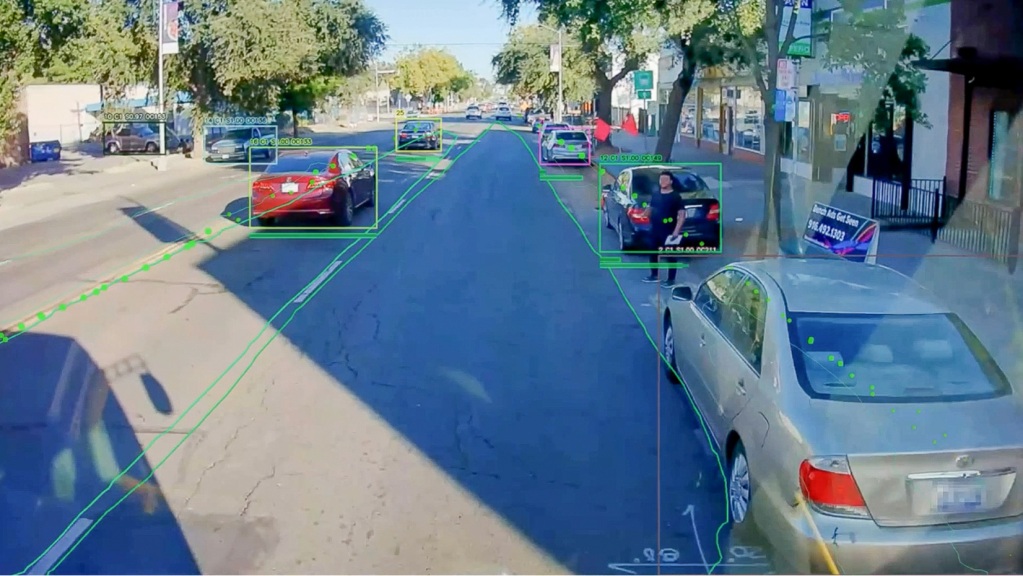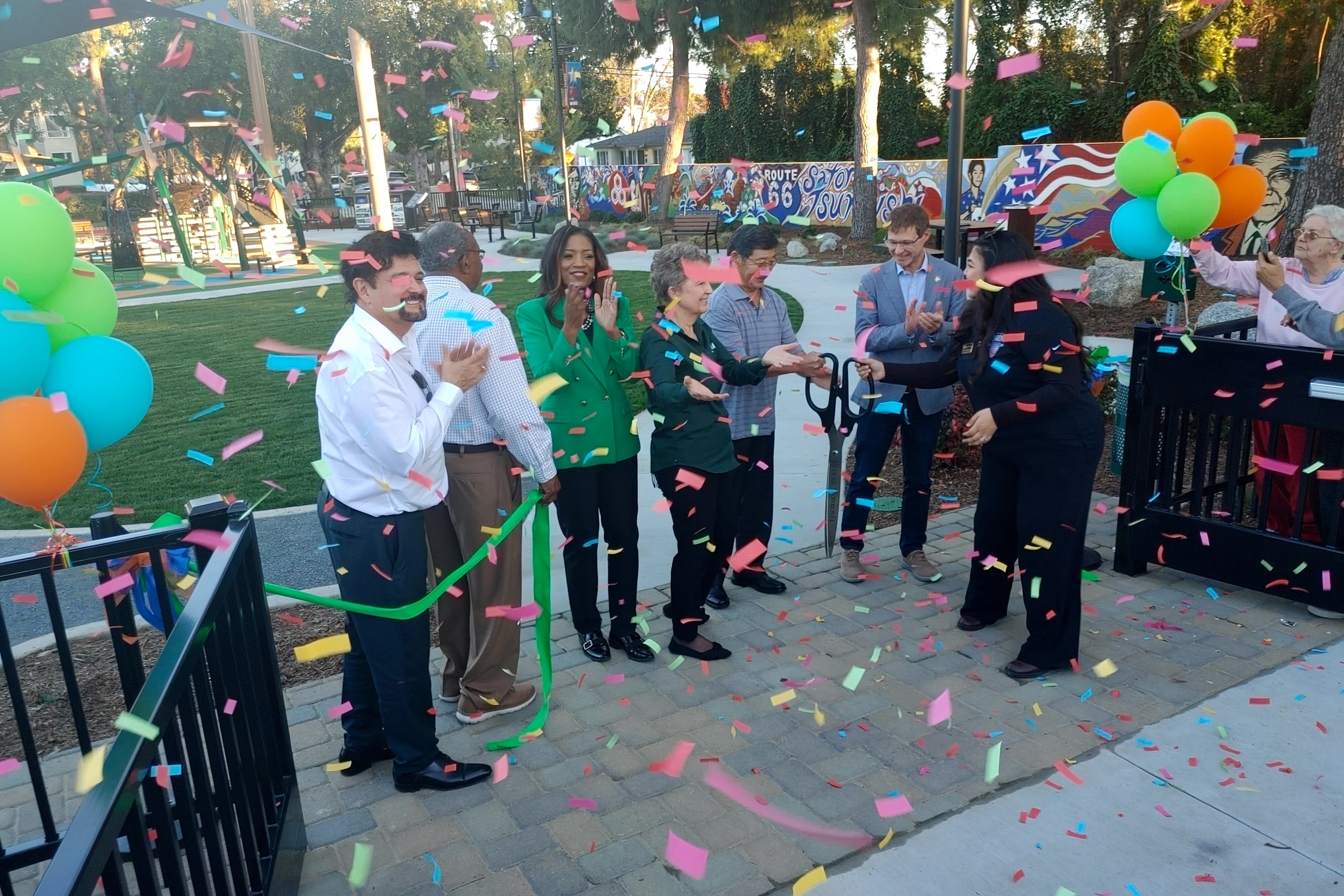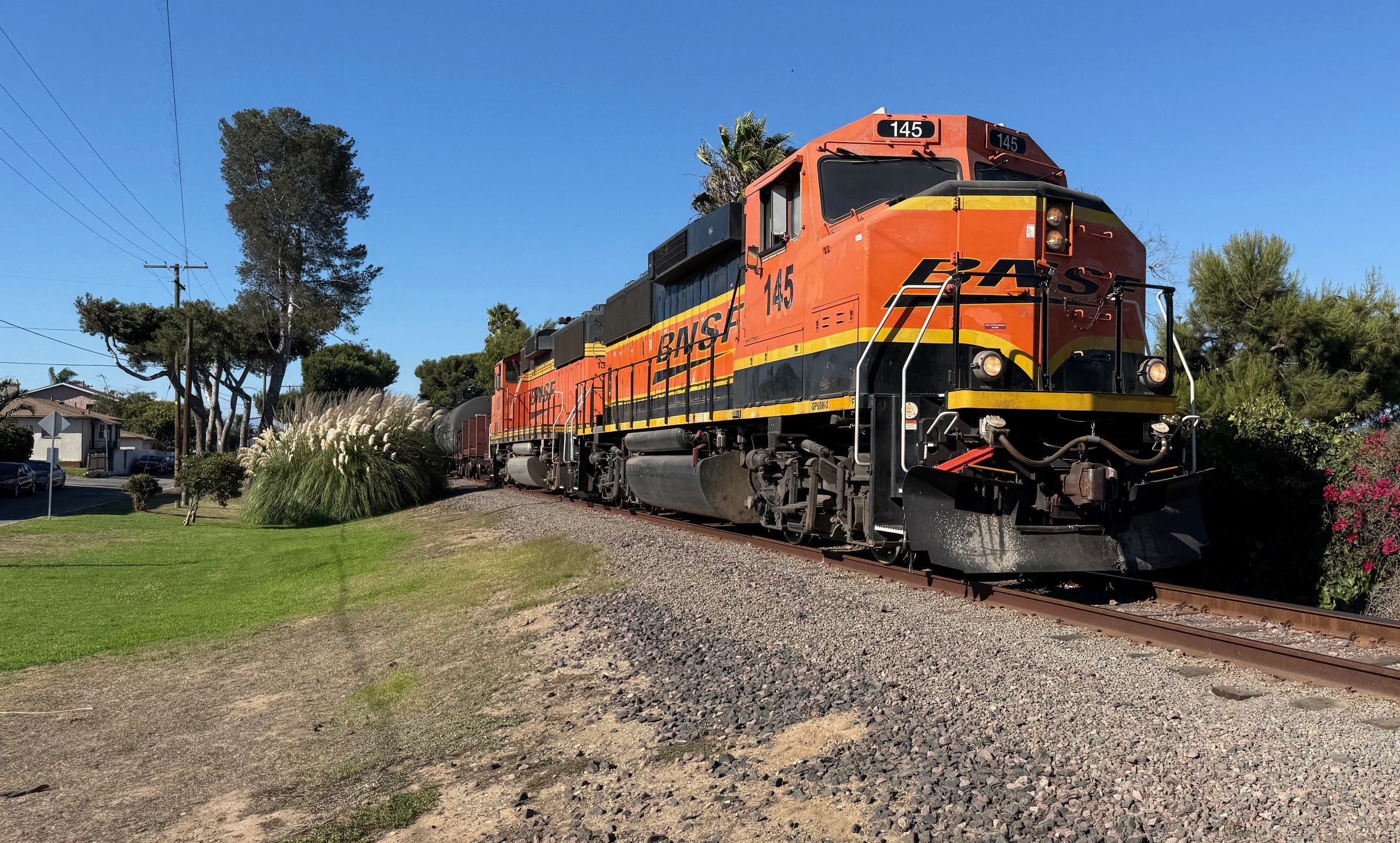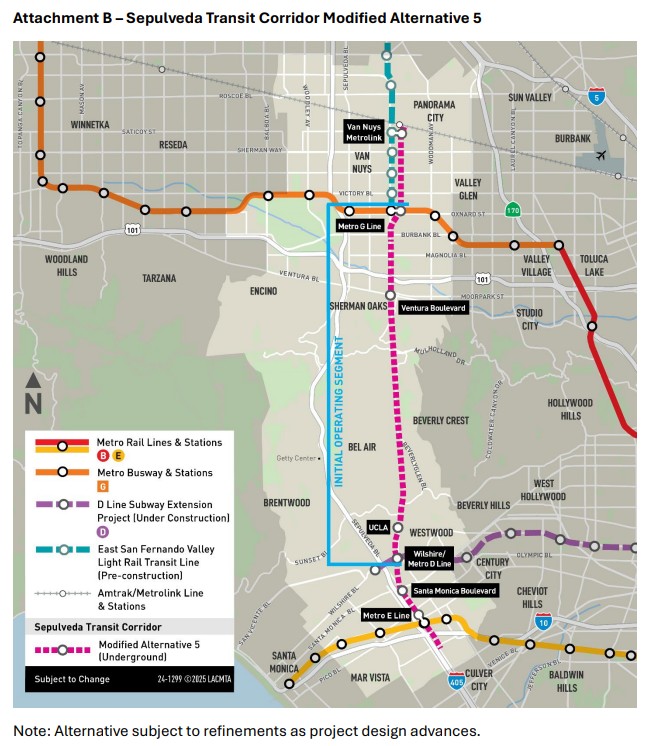 If drivers don't acknowledge the risk of speeding, street designs and enforcement practices have to do it for them.
If drivers don't acknowledge the risk of speeding, street designs and enforcement practices have to do it for them. New research from Purdue University highlights the futility of controlling drivers' speed with signs. The Times' health blog has the story:
When it comes to speeding, many American motorists don't worry about safety. They just worry about getting caught.
Those are the findings by researchers from Purdue University whosurveyed nearly 1,000 motorists about speed limits and driving habits.They found that many drivers are cynical about the safety benefits ofdriving within speed limits, and many think they can drive safely whilespeeding as long as they won't get caught, according to the report in Transportation Research Part F: Traffic Psychology and Behaviour.
"So the faster you think you can go before getting a ticket, themore likely you are to think safety's not compromised at higherspeeds," said Fred Mannering, a professor of civil engineering atPurdue, in a press release. "For whatever reason, respect for speedlimits seems to have deteriorated."
The
case for traffic-calming and automated enforcement is already strong.
This makes it even more airtight. Drivers are basically ignoring posted
limits on roads designed to accommodate speeding. (Traffic author Tom Vanderbilt wrote a great post last month
about the multi-pronged wrongheadedness of this approach to street
design.) Since drivers respond more to the threat of tickets than the
inherent dangers of speeding, automated devices like red-light cams and
speeding cams are essential to thoroughly deter this behavior.
In
New York, the design part of the equation is improving while the
enforcement component lags, thanks in large part to a police department
that seems more
concerned with moving traffic than reining in reckless driving.
Effective traffic enforcement would be more manageable for NYPD if it weren't for Albany. David Gantt, the Rochester Assemblyman who
killed bus-lane enforcement cams this June, has stifled red-light cameras for New
York and other cities for years. Evidence like the Purdue study has yet
to sway him.
The
fact that this story was picked up by health reporters is an
encouraging sidenote. Livable streets advocates will have powerful
allies if public health authorities recognize unchecked speeding as the
catastrophe that it is.






